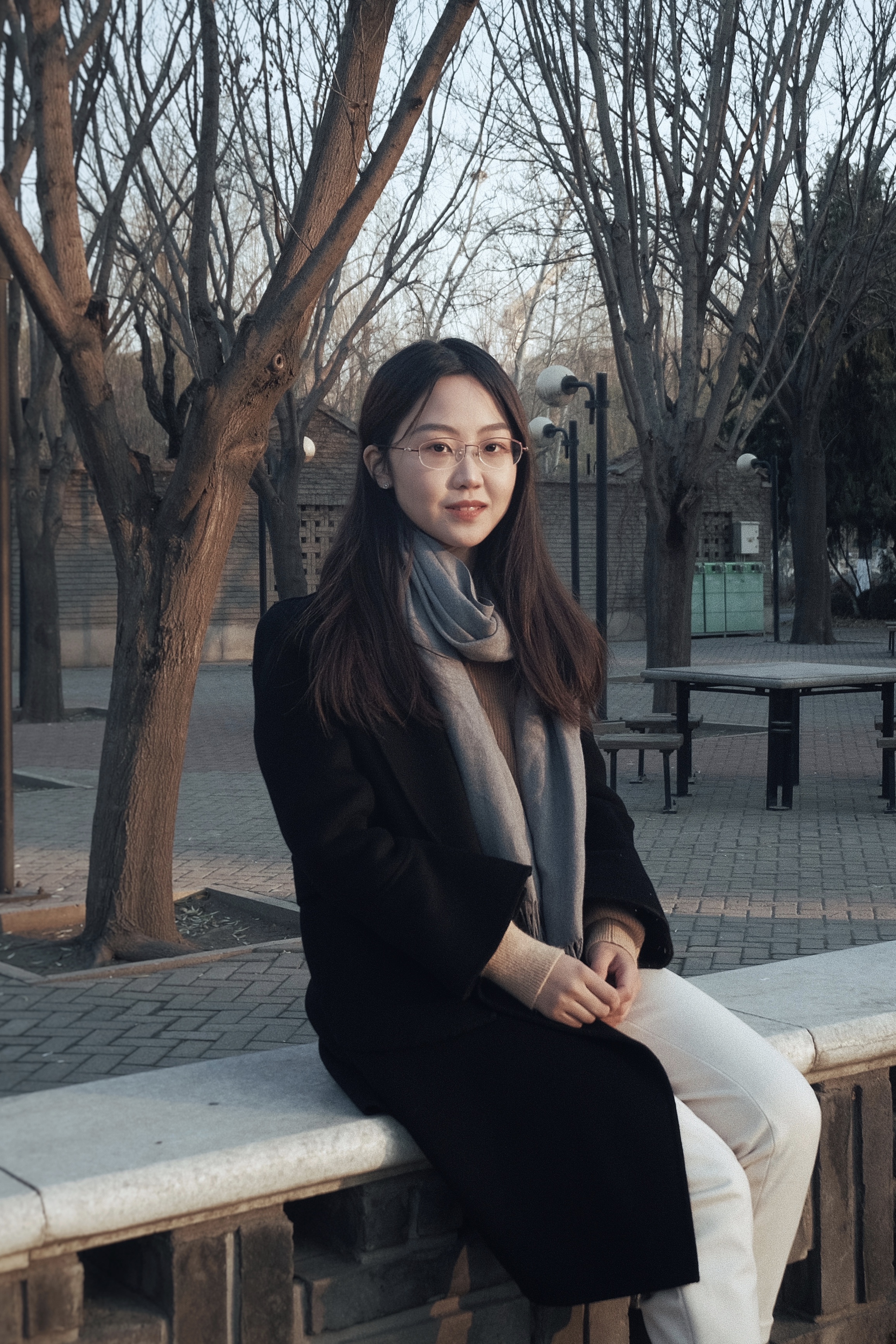Yanru Chen is a current graduate student in School of Law at Tsinghua University, majoring in International Law.
Yanru Chen 陈彦茹


Yanru Chen is a current graduate student in School of Law at Tsinghua University, majoring in International Law.